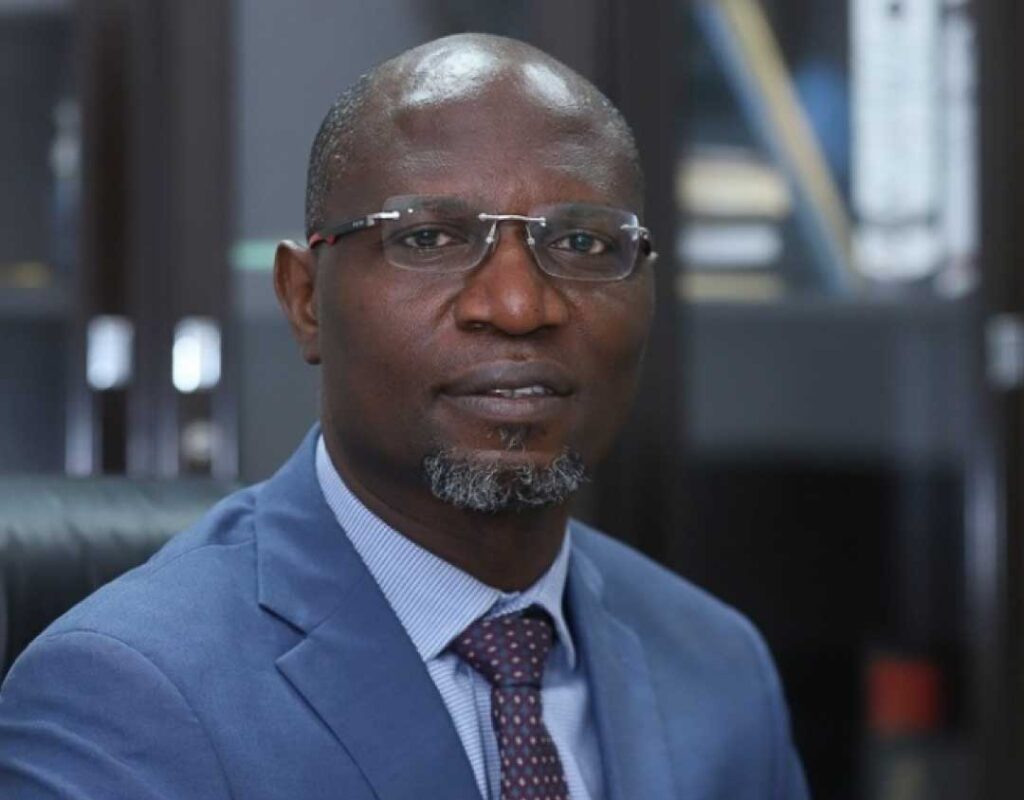Vice President Kashim Shettima has solicited the support of the Judiciary to grow the capital market through the delivery of verdicts that are well-reasoned, timely, and technically sound.
Vice President Kashim Shettima who stated this at the opening of a two-day Judges’ Workshop organized by the Securities and Exchange Commission (SEC) in Abuja noted that such verdicts would send a strong positive signal to the market, enhancing confidence and attracting capital.
The workshop had the theme: “Repositioning the Nigerian Capital Market for National Economic Transformation through Effective Dispute Resolution”.
Shettima, who was represented by the Special Adviser to the President on Economic Affairs (Office of the Vice President), Dr. Tope Fasua, described the capital market as the life-blood of any modern economy.
He observed that conversely, delays, inconsistencies, or a lack of specialized understanding by the judiciary can inadvertently create systemic risks and deter investment into the capital market.
He noted that the theme of the workshop is not merely a topic for discussion but a clarion call, “a strategic imperative that resonates deeply with the economic agenda of this administration. It underscores the undeniable truth that a robust, efficient, and trustworthy capital market is the bedrock upon which sustainable national economic transformation can be built”.
He explained that the “capital market is far more than just a platform for buying and selling securities. It is the lifeblood of modern economies, a sophisticated ecosystem that mobilizes long-term capital for productive investments. It connects savers with investors, providing the necessary liquidity for businesses to expand, innovate, and create jobs. It is where infrastructure projects find funding, where small and medium enterprises (SMEs) can scale, and where the dreams of entrepreneurs can take flight.
“In Nigeria, a nation brimming with potential and a youthful, dynamic population, the capital market holds an even greater significance. It is a critical tool for diversifying our economy away from over-reliance on a single commodity, fostering indigenous industrialization, and attracting both domestic and foreign direct investments. A well-functioning capital market can unlock latent wealth, deepen financial inclusion, and ultimately improve the living standards of our citizens. It is the conduit through which national savings are channeled into productive ventures, driving the wheels of progress and prosperity”.
He pointed out that trust is critical to attracting investments into the market, stressing that “investors, whether local or international, institutional or retail, will only commit their hard-earned capital where they are confident that their investments are secure, that transactions are transparent, and that their rights are protected. This confidence is built on a foundation of strong regulatory frameworks, efficient market operations, and, crucially, an effective and impartial system of dispute resolution”.
While acknowledging that disputes in the market arising from contractual breaches, market manipulation, insider trading, corporate governance infractions, or disagreements over interpretation of securities laws, was inevitable, resolving them swiftly, fairly, and expertly was critical to market growth.
In his address, the Chief Justice of Nigeria, Honourable Justice Kudirat Kekere-Ekun said the capital market was no longer a distant abstraction limited to high finance or institutional investors but has become a critical lever of economic participation and empowerment.





